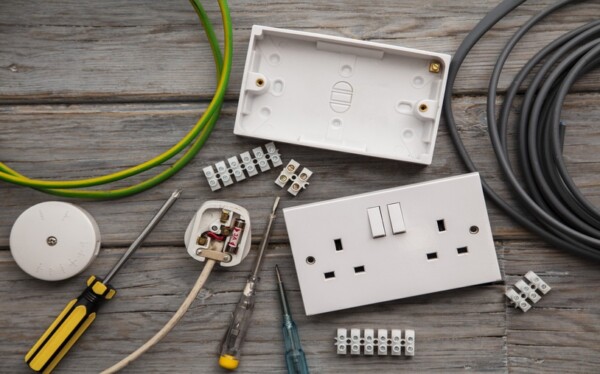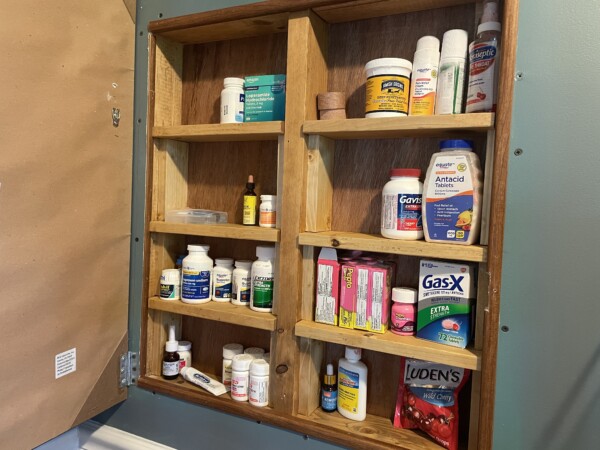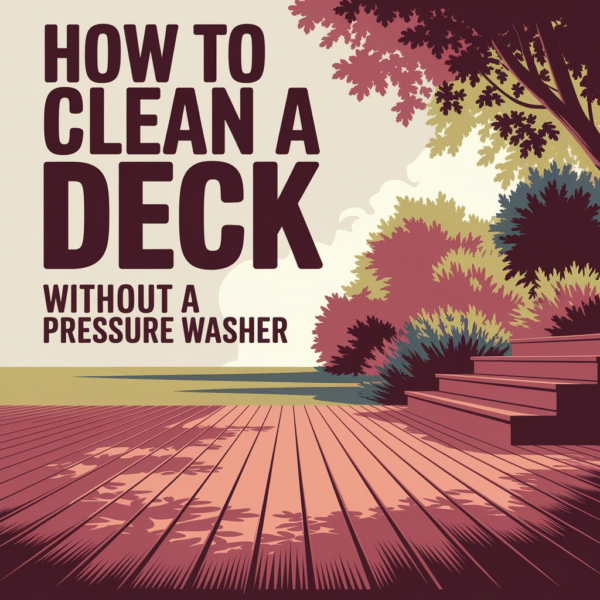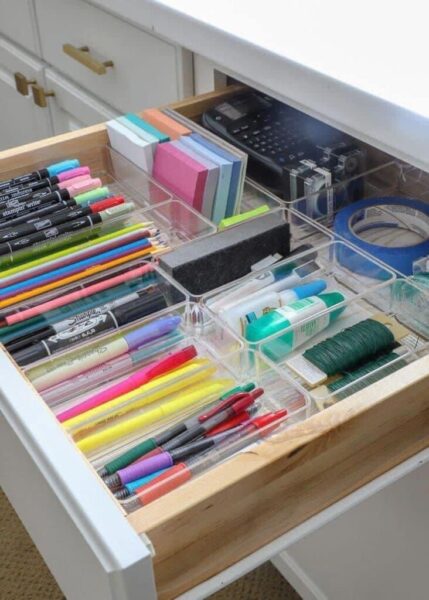
Why Is My Water Heater Making a Popping Sound?
The first time I heard my water heater making a weird popping sound, I thought something inside was about to blow up. It sounded like a bunch of tiny fireworks going off in the closet where the tank sits.
If you’ve been there, don’t panic just yet—it’s actually a pretty common issue.
Most of the time, that popping noise is caused by sediment buildup inside the tank.
Over time, minerals like calcium and lime from your water supply settle at the bottom of the water heater. When your heater kicks on and starts warming the water, little pockets of steam get trapped under all that sediment. As the pressure builds, it finally breaks free—and pop! You hear that noise.
Here’s a simple way I think about it:
Sediment = Mini Pressure Cooker at the Bottom of Your Tank.
The longer you go without flushing your heater, the worse the sediment problem gets. It’s kind of like never emptying a coffee pot—you’re gonna get gunk, and eventually, it’s not just ugly, it actually messes with how things work.
Ignoring a popping noise isn’t a great idea because it means your heater is working harder than it should be—and that usually leads to higher energy bills and a shorter lifespan for your water heater.

Is a Popping Water Heater Dangerous?
When my heater first started making those crazy popping sounds, my mind immediately jumped to worst-case scenarios.
Is this thing going to explode? Am I about to have a geyser in my laundry room?
The good news? Most of the time, a popping water heater isn’t immediately dangerous.
But… it’s still not something you should ignore.
Here’s why:
- Overheating Risk:
All that sediment acts like a big, thick blanket at the bottom of the tank. Your heating element has to work overtime, and sometimes it can overheat trying to do its job. Overheating raises the internal pressure, and while modern water heaters have safety valves, you don’t really want to test how good yours is. - Cracks and Leaks:
The constant extra pressure and heat stress the tank itself. I’ve seen heaters start leaking way earlier than expected because nobody addressed the sediment problem. - Energy Waste:
Even if the tank doesn’t fail, you’re paying more every month just to heat water because your heater has to run longer and harder. (Nobody wants higher utility bills when a simple flush could fix it.)
If your popping noise is getting louder or you notice other problems like lukewarm water or longer heating times, it’s time to act.
(And if you’re not sure what kind of heater you have or what maintenance it needs, I highly recommend brushing up on how to pick and troubleshoot your ideal water heater. It saved me a lot of guesswork when I had to replace mine later.)
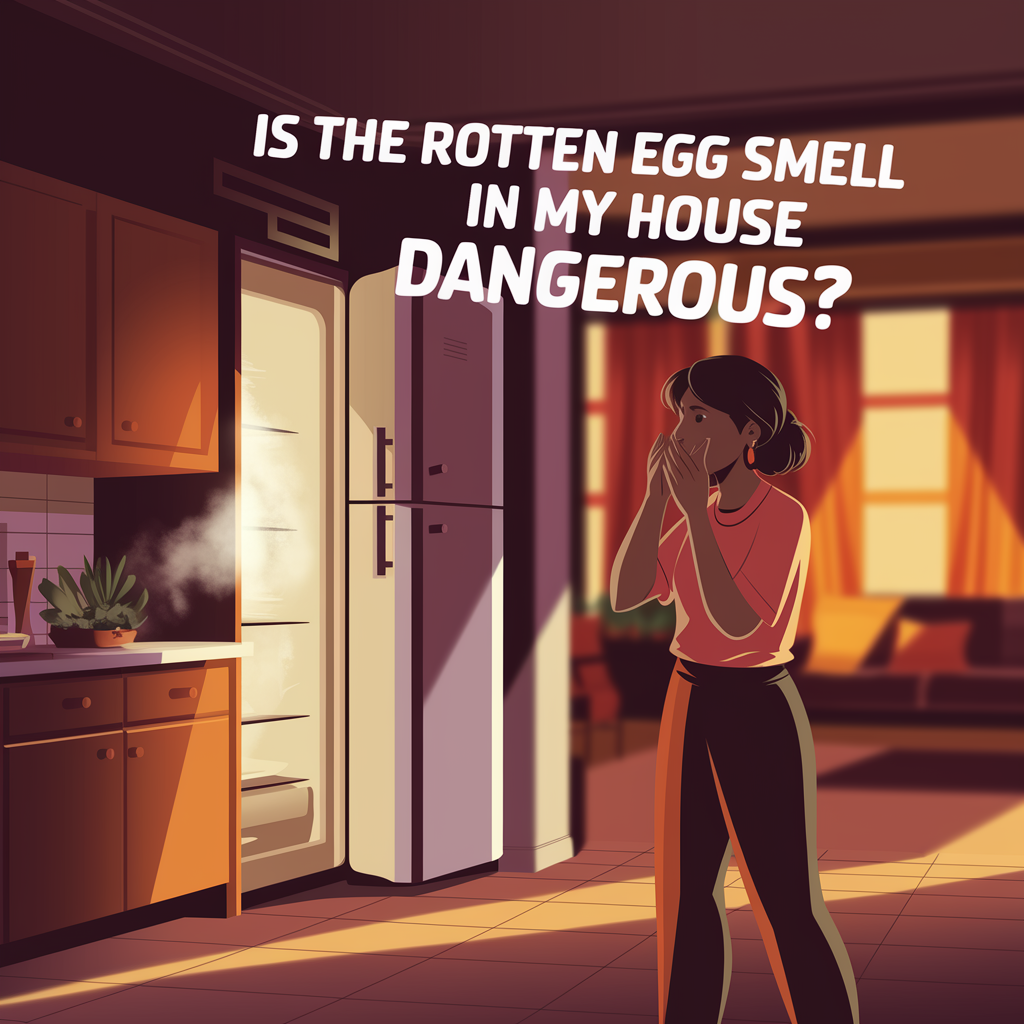
What Causes Sediment Buildup in a Water Heater?
Before I owned a home, I honestly had no idea water even had “sediment” in it.
Turns out, it’s basically unavoidable unless you’re living off perfectly filtered mountain springs (and I’m definitely not).
Sediment buildup mostly comes from what’s naturally floating around in your water supply. Here’s what’s going on:
1. Hard Water Problems
If you live in an area with hard water—meaning water that’s loaded with minerals like calcium and magnesium—you’re going to have sediment issues.
Every time you heat water, a little bit of those minerals drop out and settle at the bottom of your tank.
2. Lack of Regular Maintenance
Most people don’t even realize you’re supposed to flush your water heater once or twice a year. I didn’t know either until mine started making noises.
Without flushing, all that sediment just piles up year after year.
3. Older Water Heaters
The older your unit gets, the more years’ worth of minerals and debris it’s packed inside.
Even if you flush it now and then, it’s hard to completely undo years of buildup if it’s never been cleaned.
When I finally drained my old water heater for the first time, I was shocked at how much gunky sand-like stuff came pouring out.
Lesson learned: it’s not just water sitting in there.

How to Tell If Sediment Is the Problem
When I first heard the popping sounds, I wasn’t totally sure if sediment was to blame—or if something bigger was wrong.
Luckily, there are a few dead giveaways that it’s sediment causing the trouble:
1. You Hear Popping, Rumbling, or Cracking Noises
The louder and more often you hear noises when the heater kicks on, the more likely it’s steam fighting through thick layers of gunk.
2. Hot Water Takes Longer Than It Used To
Sediment insulates the bottom of the tank, making your heater work way harder to warm up the same amount of water.
3. Water Looks Cloudy or Feels Gritty
Sometimes when you drain a little water from the tank (or even just run a bath), you’ll notice it looks hazy or even a little sandy at the bottom.
4. Higher Energy Bills
If your power bill has been creeping up for no obvious reason, your water heater might be to blame. Heating through sediment is like trying to boil water through a layer of wet sand.
If you notice even a couple of these signs, there’s a good chance a simple flush could make a huge difference—and possibly extend your water heater’s life by years.
(And if you’re building your list of yearly house care habits like I am, make sure you check out some other essential home maintenance tasks to stay ahead of surprise repairs.)
How Do You Flush Sediment Out of a Water Heater?
When I realized sediment was behind my water heater’s popping noise, I decided it was time to flush it out myself. Honestly, it sounded intimidating at first—but it ended up being one of the easier DIY projects I’ve tackled around the house.
Here’s exactly how I did it:
Step-by-Step to Flush Your Water Heater:
- Turn Off the Power or Gas Supply
If you have an electric water heater, switch it off at the breaker.
For gas heaters, turn the thermostat to “pilot” or shut off the gas entirely. - Shut Off the Cold Water Supply
There should be a valve at the top of the heater. Turn it clockwise to shut it down. - Hook Up a Hose
Attach a regular garden hose to the drain valve near the bottom of the tank.
Make sure the other end of the hose is somewhere the hot water can safely drain, like a driveway or sewer drain. - Open the Drain Valve
Let the water start flowing out. Be careful—it’ll be hot!
You’ll probably see all kinds of gunky sediment coming out at first. - Flush With Fresh Water
Once it’s mostly drained, open the cold water supply for a minute or two while the drain valve is still open. This stirs up any remaining junk and pushes it out. - Close Everything and Refill
Close the drain valve, remove the hose, and turn the cold water supply back on. Once the tank is full, turn the power or gas back on.
Pro Tip:
I always run a hot water tap somewhere in the house during the refill to help air escape and prevent weird air pockets from getting stuck.
The first time I flushed my heater, I noticed an immediate difference: the popping sound basically disappeared, and my hot water started heating faster too.

How Often Should You Flush a Water Heater?
After dealing with that messy first flush, I learned one big thing: flushing your water heater needs to be a regular thing—not a “wait until it sounds like a popcorn machine” kind of thing.
Here’s what’s recommended (and what I stick to now):
- Every 6 Months:
If you have really hard water (lots of minerals), flushing twice a year is ideal.
It sounds like a lot, but trust me—it’s way easier than replacing a whole water heater early. - Every 12 Months:
If you’ve got moderately hard or softened water, flushing once a year should keep sediment buildup to a minimum. - Right After Moving In:
If you just bought a house and have no idea when the last flush happened, it’s smart to do it right away. You have no idea what the last owners left sitting at the bottom of that tank.
Setting a reminder on my phone every spring and fall to do a quick flush has saved me from way bigger headaches (and a lot of potential repair bills).
Keeping your water heater clean doesn’t just stop weird popping noises—it makes the whole system run cheaper, faster, and last longer.
Way better than shelling out thousands for a replacement before you really need to.
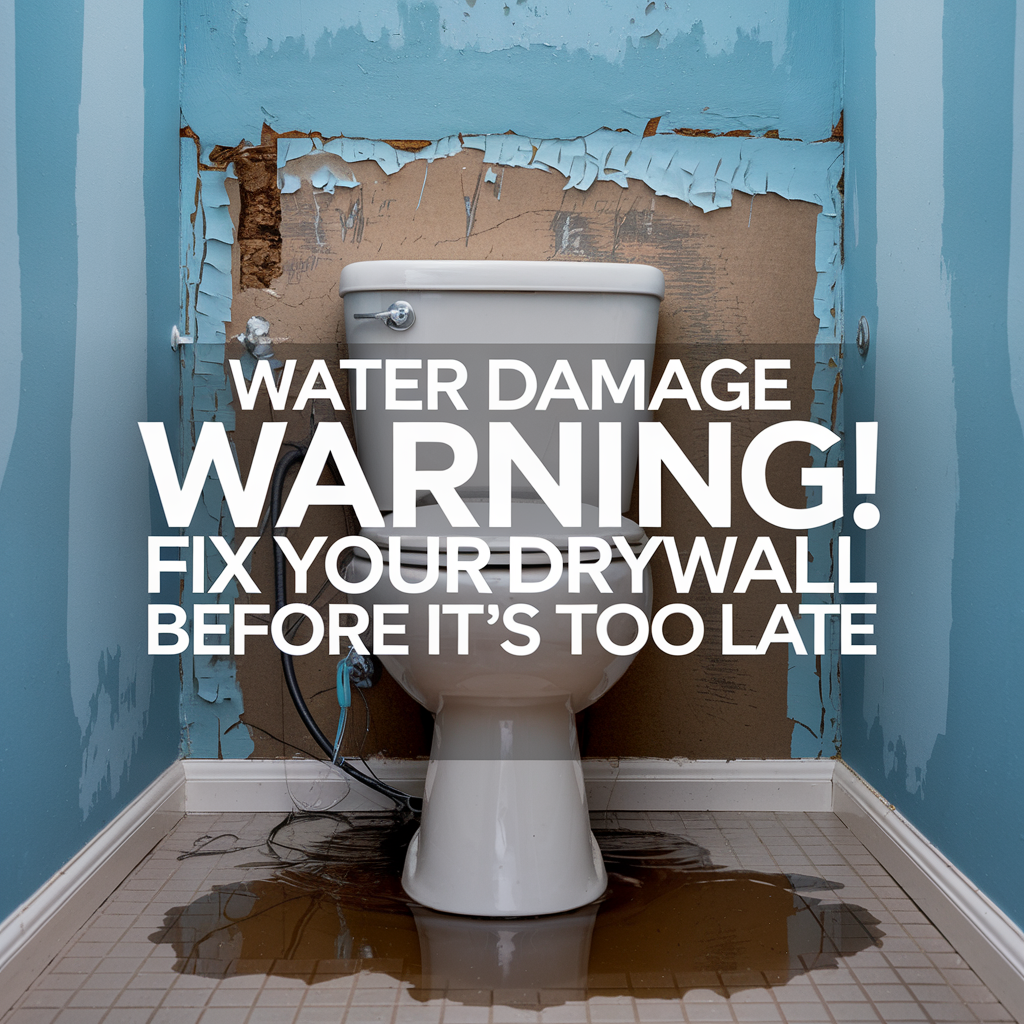
Can a Water Heater Explode from Sediment Buildup?
I’ll be honest—when my water heater started making loud popping and banging sounds, the first thing that popped into my mind was “Is this thing going to explode?”
It sounds dramatic, but it’s a fair question. And the answer? Technically yes—but it’s rare if your system’s working right.
Here’s what’s really going on:
How Sediment Buildup Leads to Danger
- Overheating:
When thick layers of sediment trap water at the bottom of the tank, the heater works extra hard to push past it. This can cause the tank to overheat internally. - Pressure Buildup:
Overheating leads to increased pressure inside the tank. If that pressure isn’t properly vented, you could be looking at serious problems. - Relief Valve Failure:
Water heaters are equipped with a temperature and pressure relief valve (T&P valve) that should vent pressure if it gets too high. But if the valve fails or the pressure rises too quickly, there’s a slim chance the tank could rupture—or worse.
What I Learned:
If your water heater is popping, rumbling, AND leaking or you see bulging sides on the tank—shut it down immediately and call a plumber.
But if it’s just minor popping and you flush it out regularly, your heater is doing what it’s supposed to: working hard, but safely.
This whole experience made me way more serious about flushing mine and checking the pressure valve at least once a year. It’s one of those small maintenance steps that can literally save your home from disaster.

Easy DIY Tips to Prevent Water Heater Noises
After flushing out the first nasty batch of sediment from my old heater, I decided I wasn’t ever letting it get that bad again.
Here’s what’s been working for me to keep the popping noises away for good:
1. Flush It Regularly
Like we talked about earlier, doing a full tank flush every 6–12 months keeps minerals from building up in the first place.
2. Check the Anode Rod
I didn’t even know what an anode rod was before I had water heater trouble. Turns out, it’s crucial.
Replacing the anode rod every few years helps prevent corrosion inside the tank, which in turn slows sediment buildup.
3. Install a Sediment Filter
If your area has notoriously hard water, you might want to install a sediment filter where your water line enters the house.
It’s one of those small upgrades that can save your appliances (and your sanity) in the long run.
4. Turn Down the Temperature
Keeping your water heater set around 120°F instead of cranking it higher can help minimize mineral deposit buildup. Plus, you’ll save a few bucks on your electric or gas bill every month.
Doing these small things consistently has kept my new water heater quiet, efficient, and way less needy.
A little effort up front saves a lot of expensive repairs (and weird banging noises that scare the pets) later on.
(If you love simple ways to stay ahead of home headaches like I do, there’s also a goldmine of ideas in these easy DIY tricks every homeowner should know. Definitely worth a look.)

When to Replace Your Water Heater
Even with regular flushing and maintenance, there eventually comes a time when you just can’t fight off the ticking clock.
When I bought my house, the water heater was already a few years old, and after enough popping, gurgling, and patch jobs, I finally had to admit it was time for a new one.
Here’s how you know it’s time to replace your water heater instead of just flushing it again:
Signs You Need a New Water Heater:
- Age of the Unit
If your water heater is over 10 years old (especially if it’s never been flushed properly), it’s probably on borrowed time. - Constant Strange Noises
Popping, rumbling, knocking that won’t go away even after you flush?
That means the sediment buildup is too thick or the tank’s been damaged internally. - Rusty Water
If your hot water looks rusty even after flushing, it could be the tank itself corroding from the inside out. - Leaks Around the Base
Once you spot water pooling under the tank, the inner lining has likely failed—and no repair is going to fix that. - Higher Energy Bills with No Other Cause
If everything else in your home is running normally but your utility bills keep climbing, your aging water heater could be the hidden energy hog.
When my old tank finally started leaking, I didn’t waste any time shopping for a better, more efficient model—and knowing what I know now, I’ll be staying ahead of it with regular flushing and inspections.
If your water heater popping noise is getting louder and you’re seeing a few of these red flags, it’s smart to start shopping sooner rather than later.
Trust me—replacing a heater on your own timeline is way less stressful than waking up to a basement full of water!
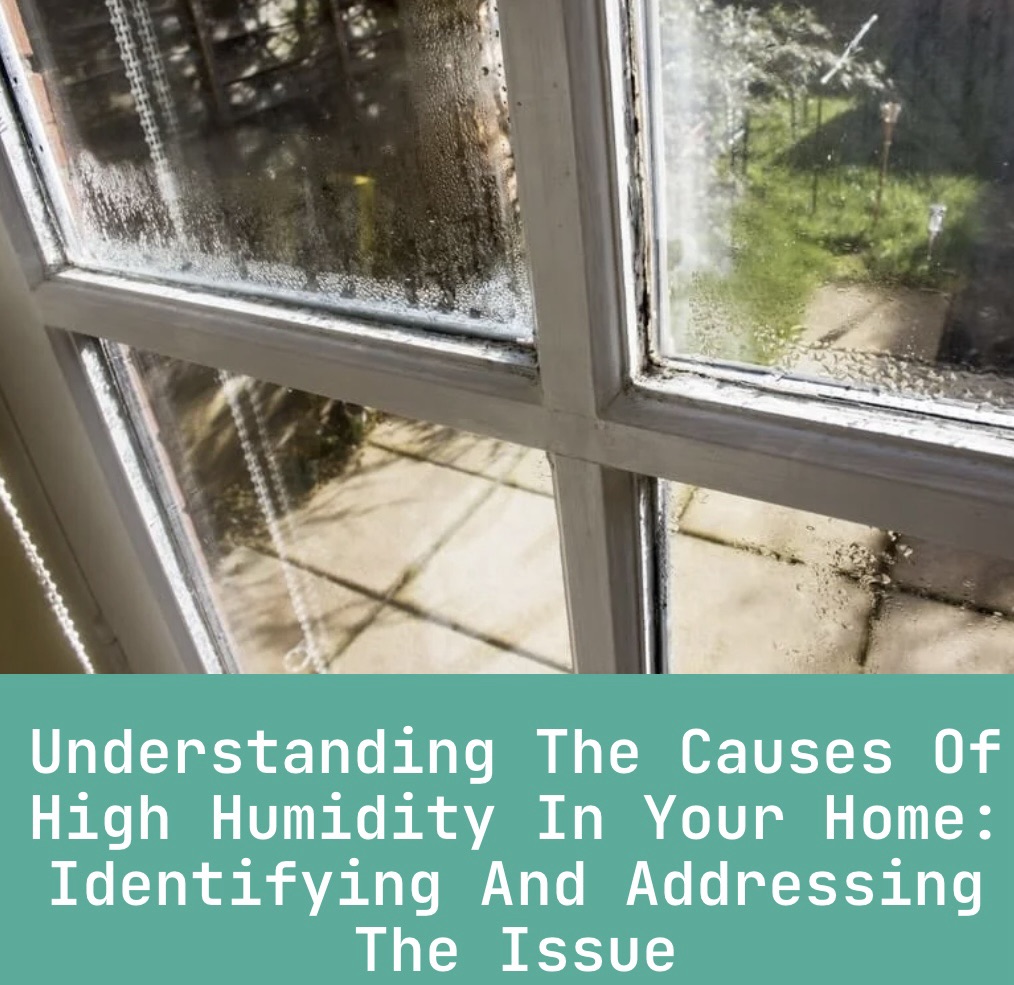
Say Goodbye to Water Heater Popping Noises for Good
Hearing a water heater popping noise might be scary at first, but it’s usually a warning sign you can handle pretty easily if you catch it early.
For me, a simple flush turned a noisy, inefficient mess back into a smooth, quiet workhorse—and it saved me from a major replacement bill down the line.
By staying on top of basic maintenance like flushing, checking the anode rod, and monitoring your heater’s performance, you can keep popping noises (and big repair bills) away for good.
When it comes to owning a home, a little DIY care goes a long way—and your water heater will definitely thank you for it!
As an Amazon Associate we earn from qualifying purchases through some links in our articles.
